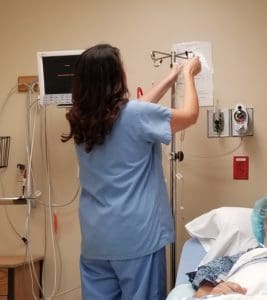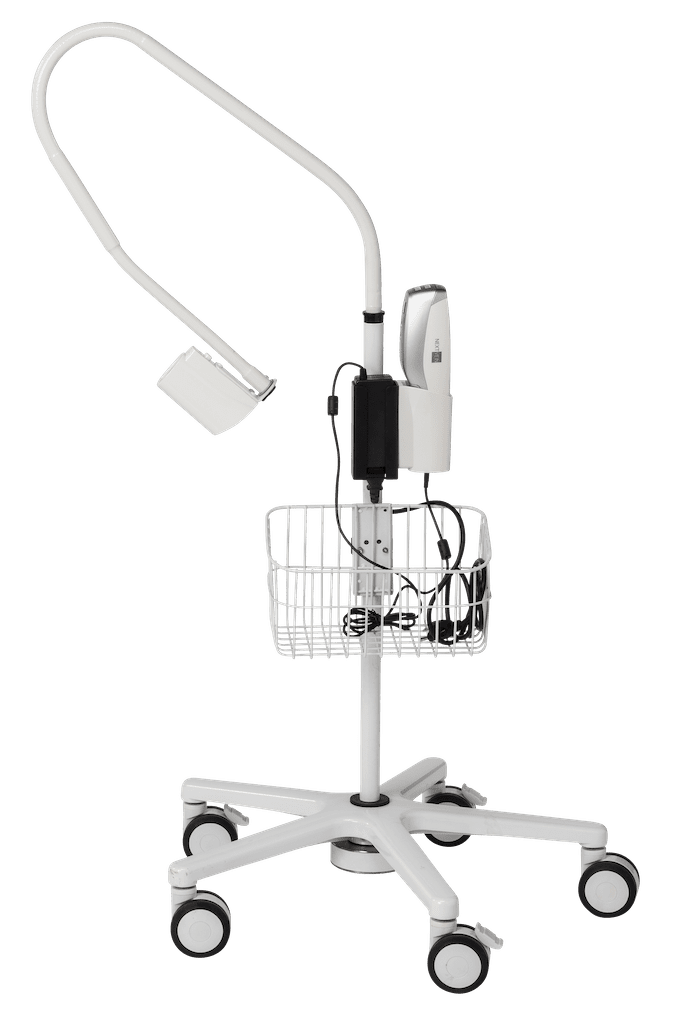Difficult Venous Access and Vein Finder Devices

Difficult venous access, or DVA, is familiar challenge healthcare professionals face when attempting to access a patient’s veins to administer medications or fluids. Sometimes, a patient may have small or fragile veins that are difficult to locate or puncture, which can lead to multiple failed attempts and potential complications.
One solution to this problem is using vein finders, devices that use either infrared or ultrasound technology to locate and visualize a patient’s veins. These devices can be beneficial in cases of DVA, as they allow healthcare professionals to quickly and accurately find veins, even in patients with dark skin or obesity.
Vein finders can significantly improve the success rate of venous access and can also help to reduce the amount of time and discomfort for the patient. In addition, using vein finders can help reduce the risk of complications, such as infection or nerve damage, that can occur from multiple failed attempts at venous access.
Sometimes, a patient’s veins may still be difficult to access, even with a vein finder. Additionally, vein finders can be expensive and may not be readily available in all healthcare settings. To address this, NextVein was founded to make handheld, non-contact vein finders affordable in every healthcare setting.
